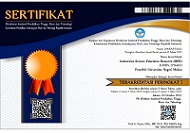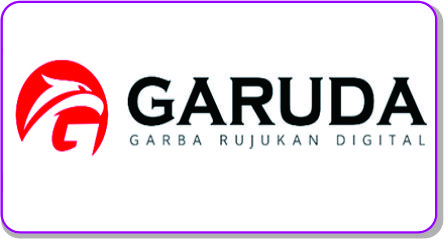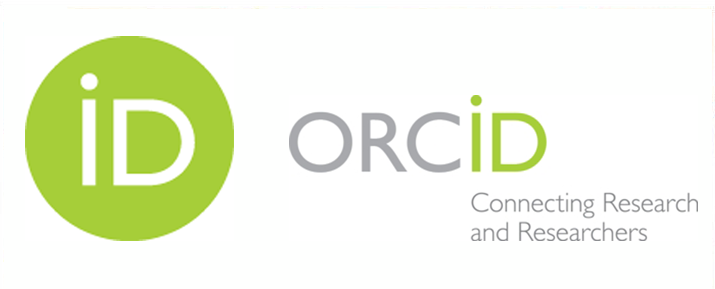THE EFFECT OF PHET-COLORADO ASSISTED PROBLEM BASED LEARNING LEARNING MODEL ON LEARNING OUTCOMES AND PROBLEM SOLVING DYNAMIC ELECTRICAL MATERIALS IN JUNIOR HIGH SCHOOLS
Abstract
This study aims to determine the effect of applying the PhET-Colorado-assisted problem-based learning (PBL) learning model on the learning outcomes and problem solving of junior high school students in class IX on Dynamic Electricity. The study was conducted using experimental quasi pretest-postest in one of the country’s junior high schools on the ground. Sample taking technique using purposive sampling. The research sample consisted of two classes each consisting of 32 students, class IX-J was an experimental class that applied the PhET-Colorado-assisted problem-based learning (PBL) model and class IX-D was a control class that applied study conventional. The research instrument used was a multiple-choice test with 4 answer choices to measure cognitive learning outcomes and description tests for students' problem-solving tests on dynamic material. The average pretest and posttest data on learning outcomes in the experimental class were 49.37 and 80.31, while those in the control class were 51.09 and 66.40, respectively. The average pretest and posttest data on student problem solving in the experimental class were 35.31 and 72.12, while in the control class they were 36 and 66.40, respectively. Data were analyzed using the Manova test (multivariate analysis of variance). Based on the hypothesis test, there are significant differences in learning outcomes and problem solving with the application of the PhET-Colorado-assisted Problem Based Learning (PBL) model on science material in junior high schools, so that there is an effect of the PhET-Colorado-assisted Problem Based Learning (PBL) model on learning outcomes and solving student problems. The percentage increase in N-gain learning outcomes in the experimental class was 62.09 in the medium category and the control class was 30.48 with the medium category, and problem solving in the experimental class was 56.90 with the medium category and the control class was 22 with the low category
Full Text:
PDFDOI: https://doi.org/10.24114/iser.v4i1.36559
Article Metrics
Abstract view : 361 timesPDF - 329 times
Refbacks
- There are currently no refbacks.

This work is licensed under a Creative Commons Attribution 4.0 International License.








